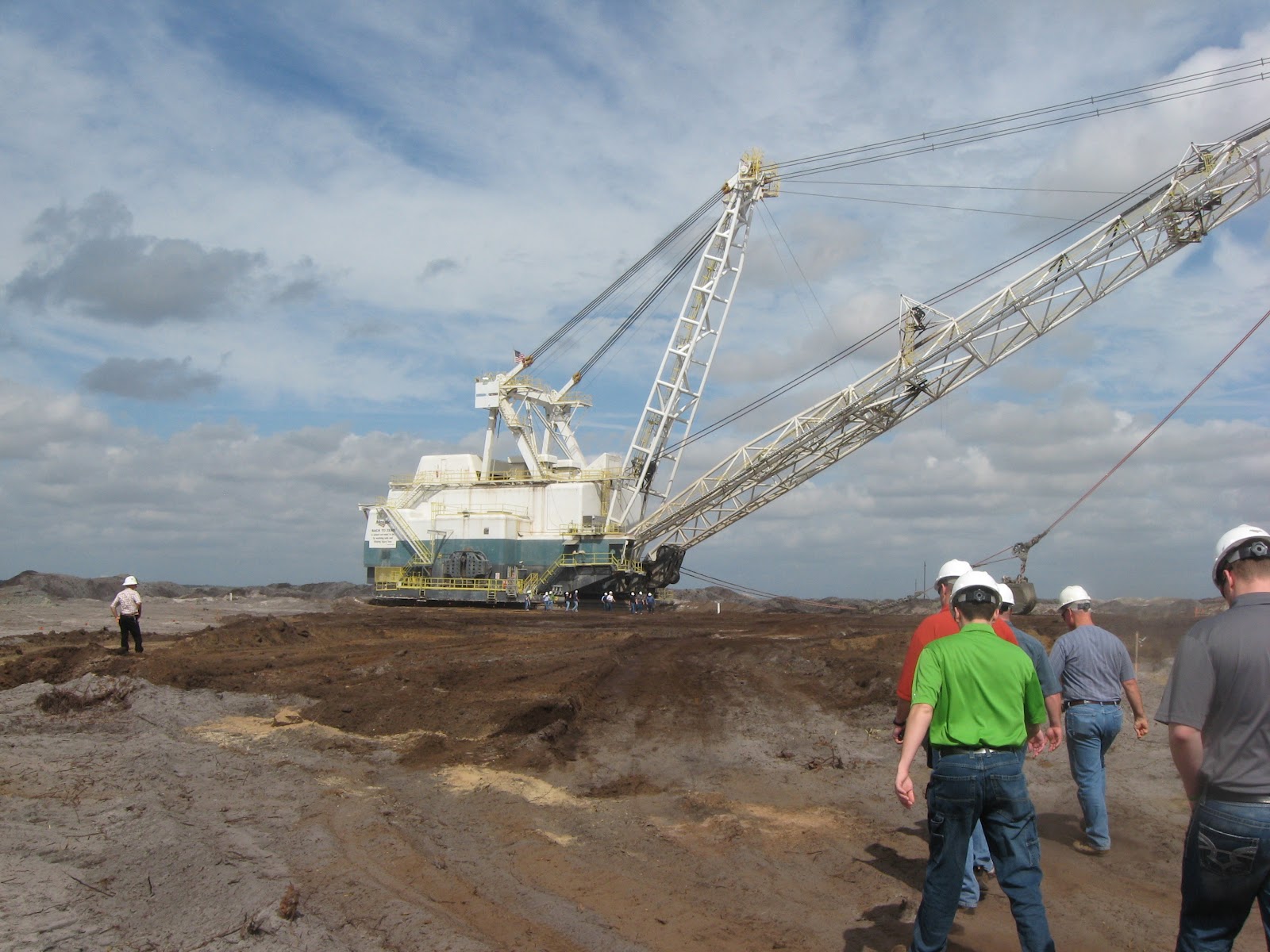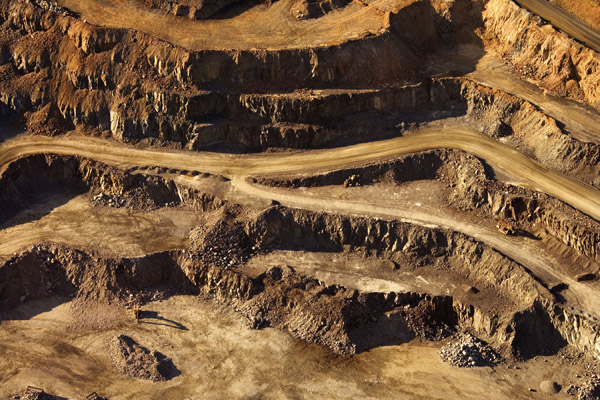With the Covid-19 coronavirus outbreak now delared as a pandemic by World Health Organization (WTO), even the most optimistic analysts fear we are heading towards a global recession. Global restrictions to economic aktivity and people‘s travel have led to some mining projects being either slowed, put on hold or completely shuttered, which has had a significant impact on many global mining giants. Firstly, restrictions put in place by governments to contain or delay the spread of Covid-19 have placed difficulties on mining companies operating in affected countries. For example, the national lockdown in Italy currently in effect has resulted in Alta Zinc closing down production at its flagship project in the northern part of the country. Also global mining giants Rio Tinto and Anglo American have reported production slowdowns due to coronavirus-related restrictions. Rio Tinto’s Oyu Olgoi project in Mongolia has suspended non-essential operations, while Anglo American is in the process of demobilising most of the 10,000-strong construction workforce at its Qullaveco copper project in Peru.
Meanwhile, a worker at the Endeavour Mining’s Houndé mine in Burkina Faso had tested positive for Covid-19 having first experienced symptoms while on site, which has led the company to place some workers in quarantine as a precautionary measure. After the previous screening of employees by Endeavour Mininghad failed to detect that the worker was infected, the company has now implemented a mandatory 14-day quarantine period for any employees or contractors arriving at its sites in either Burkina Faso or the Ivory Coast. A worker at AngloGold Ashanti’s Obuasi gold mine in Ghana also tested positive for coronavirus and it is believed that workers in both companies contracted the virus while in the UK. Outside of mine sites, several companies, including Miners Kinross and Iamgold, have closedtheir offices due to Covid-19 concerns.
In Morocco, Emmerson plc has said that due to the current stage of project development, the coronavirus outbreak and related global mitigation actions have so far had a limited impact on its Khemisset potash project. The feasibility study is being finalized by independent consultants and the Emmerson plc expects that only minor delays to the delivery timetable are possible. As a precautionary measure, its Morocco-based staff are predominantly working from home, with a skeleton workforce in place in the office or at site when necessary. “While the current market situation is unprecedented,we have already taken steps to ensure that the safety of our employees and assets is ensured, and that our strong cash position is preserved should the volatility and uncertainty continue in the future,“ Hayden Locke, CEO of Emmerson, commented. “Despite the volatility in the market, we continue to engage with the various interested strategic financing partners, moving forward with initial technical reviews, to ensure that our financing strategy is progressing. We remain confident of the value of the Khemisset Project, and look forward to updating the market on further developments.”
Overall, most companies are rather skeptical about their outlook for the coming year. When announcing full-year results for 2019, some companies said their outlook for 2020 would be at best an approximation until the true impacts of coronavirus were clear. Mining companies are also certainly not immune to the freefalling stock markets and some may find that all the preparedness in the world was not enough.Thus, with the spread of the pandemicthat has been accelerating in recent weeks and the share prices crashing, we can perhaps assume that mining companies‘ CEOs are beginning to feel nervous. Still, even in these highly uncertain and tumultuous times, some mining companies are putting on brave faces. As Mark Cutifani, the CEO of Anglo American, put it, “we recognise that this is a fast changing and stressful situation for everyone and we know that we all have our part to play to help each other through the pandemic and be ready for when we emerge on the other side.”
Arief Budiman (Jakarta, Indonesia)




